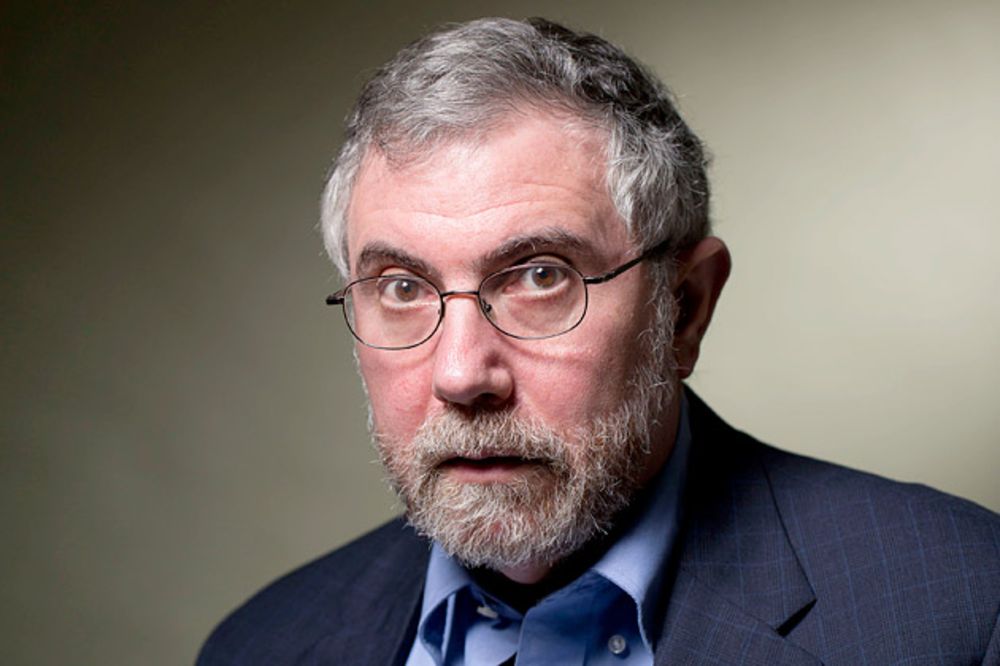
American economist Paul Krugman has been hailed as one of the most influential political opinion makers of our time. In 2008, Krugman was the sole recipient of the Nobel Memorial Prize in Economic Sciences. Well known for his extensive research in international economics, Krugman has worked at various top universities, such as MIT and the London School of Economics.
Besides his numerous academic appointments, Krugman has acquired a public profile rarely enjoyed by an economist of his stature. Namely this is due to the many hats he wears: bestselling author, New York Times columnist, prolific blogger, and regular political commentator on a variety of TV news outlets. On top of the Nobel Prize, Krugman has also received the John Bates Clark Medal, awarded by the American Economic Association to the top economist under the age of 40, and the Asturias Award, given by the King of Spain, among many other prestigious awards in his field.
Krugman can trace back the seminal moment in his professional life to 1970 when he enrolled in Yale University. For Krugman, Yale was the best option after being rejected by Harvard. Likewise, the young overachiever had intended to study history at New Haven, only to switch to economics, which he felt did a better job describing why things happened in the past, with particular attention to patterns and rules that simplified an otherwise baffling swath of reality. His hard work paid off. In 1974 Krugman earned his Bachelor of Arts degree in economics, graduating summa cum laude from Yale, where he was a National Merit Scholar.
Krugman didn't wait long to return to his alma mater though. Because in 1977, having successfully completed his PhD in three years at MIT, he was back in New Haven where he served as an assistant professor at Yale until 1980. Afterwards, it would take three more decades before Krugman would return with the usual pomp and circumstance that accompanies a Nobel Prize winner. In 2010, Krugman came to Yale to accept the Henry E. Howland Memorial Prize.
Considered to be one of the highest honors that Yale bestows, the prize was created in 1915 and recognizes achievement in literature, fine arts, and politics—with particular attention paid to the idealistic quality of the recipient’s work. At the same time, Krugman participated in a town hall discussion on campus. That night, the crowd of more than 300 students and faculty members at Yale were treated to a discussion on the global economy, as seen through the lens of one of the world’s brightest and best educated minds in economics.
